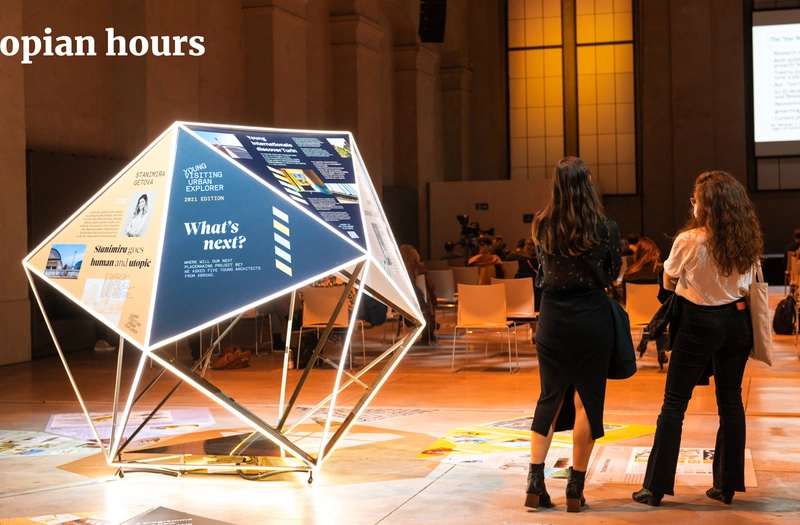The main mission of Precollinear Park is the adaptive reuse of a former urban infrastructure into a collective green space, which leads to a direct improvement in the social life of people involved in the project and the 4 adjacent neighbourhoods.
The project generated effects in the fields of citizen engagement, community building, and regeneration of the built environment. The project's impact on the city's territory yielded both social and environmental results.
Firstly, the project involved a multicultural and transgenerational group of residents, students, local shop owners, as well as local, national and international stakeholders.
After the area and its new identity was identified, the community was activated: the launch event and cultural program were organised and immediately transformed the Park into a vibrant communal space where volunteers, residents, shop owners, creatives and stakeholders gathered. They became the real actors of the project.
The most important goal achieved has been the creation of a real and strong link between the community and the space: the Park became a new way of living and sharing, that generates a strong sense of identity. The means that this project adopts to engage the community within the reality of the Park are multiple: Stratosferica's focus groups, workshops involving students, activities for local schools, dialogue spaces for universities, exhibitions, a future outdoor classroom and, of course, the volunteering program for the caretaking of the Park. This project therefore had a social impact on the neighbourhood, generating and involving a community that was varied and diverse in purpose and needs.
Furthermore, Precollinear Park's commitment to environmental sustainability is mostly based on its main goal: the adaptive reuse of a neglected infrastructure to transform it into a new collective space, focused on urban ecology, participatory planning and accessible culture.
With the maintenance of the regenerated green areas came the creation of new gathering spaces, new street furniture made from recycled materials, and the planting of greenery to increase biodiversity. In addition, the choice of recycled materials and organic solutions, the attempt to increase biodiversity and the activation of new circular micro-economies have mitigated the environmental impact of Precollinear Park, as well as the educational value of the various activities concerning the environmental sustainability of the project.
Precollinear Park is a site-specific project, but its principles are prototypes that can be transferred to other contexts generating the same impact. The project has experimented with new methods of community making, stimulating the care of public space through three phases.
Firstly, the so-called Visioning Sessions, original focus groups, developed new visions for the city's neglected spaces with the local creative community. Once the final vision for a specific area is defined, the local community is activated through the renovation phase: the people involved become the real actors of the project. Local citizens and volunteers participated in the cleaning, maintenance, co-design and self-building of the Park, supported by local experts and crafts. The last phase is the activation, in which the sense of belonging to a community increases through events that attract citizens. This phase was crucial for activating the space and connecting it to other networks in the city.
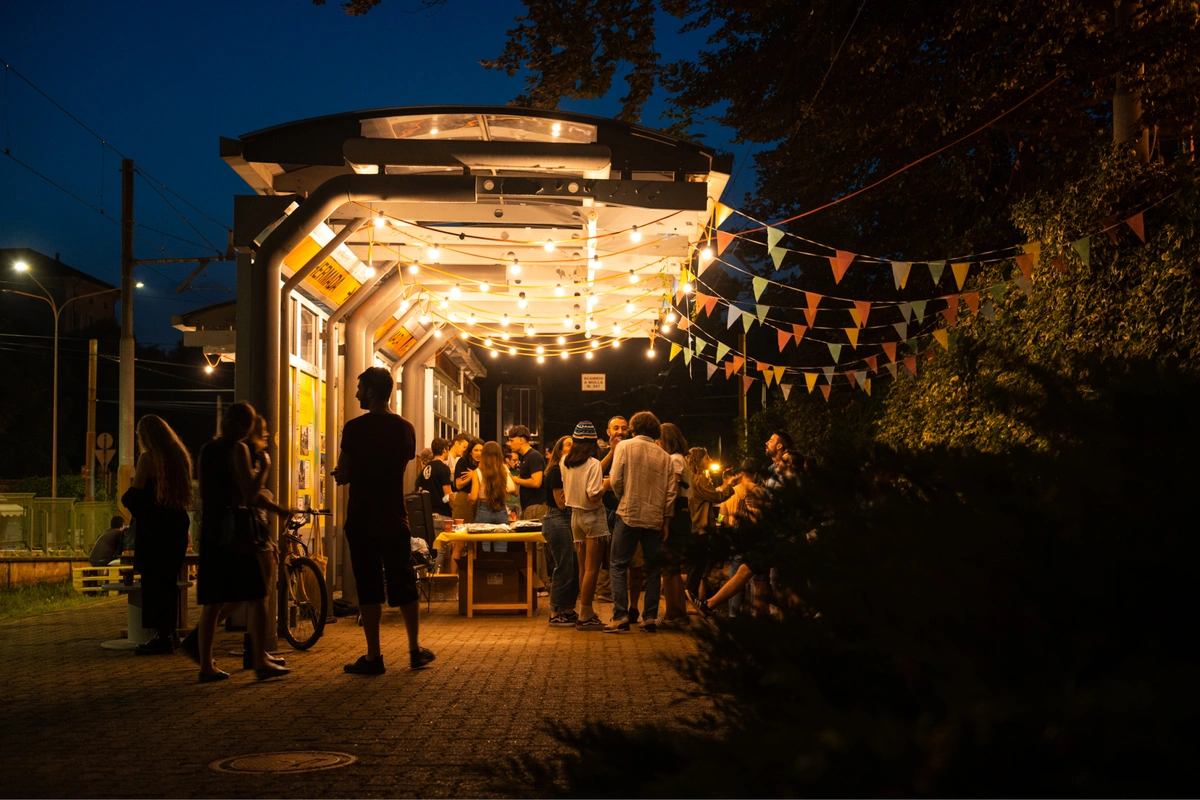
The lighting system of Precollinear Park was developed through the partnership with a local design brand. The main goal of the intervention was increasing the sense of safety and the usability of the space at all hours.
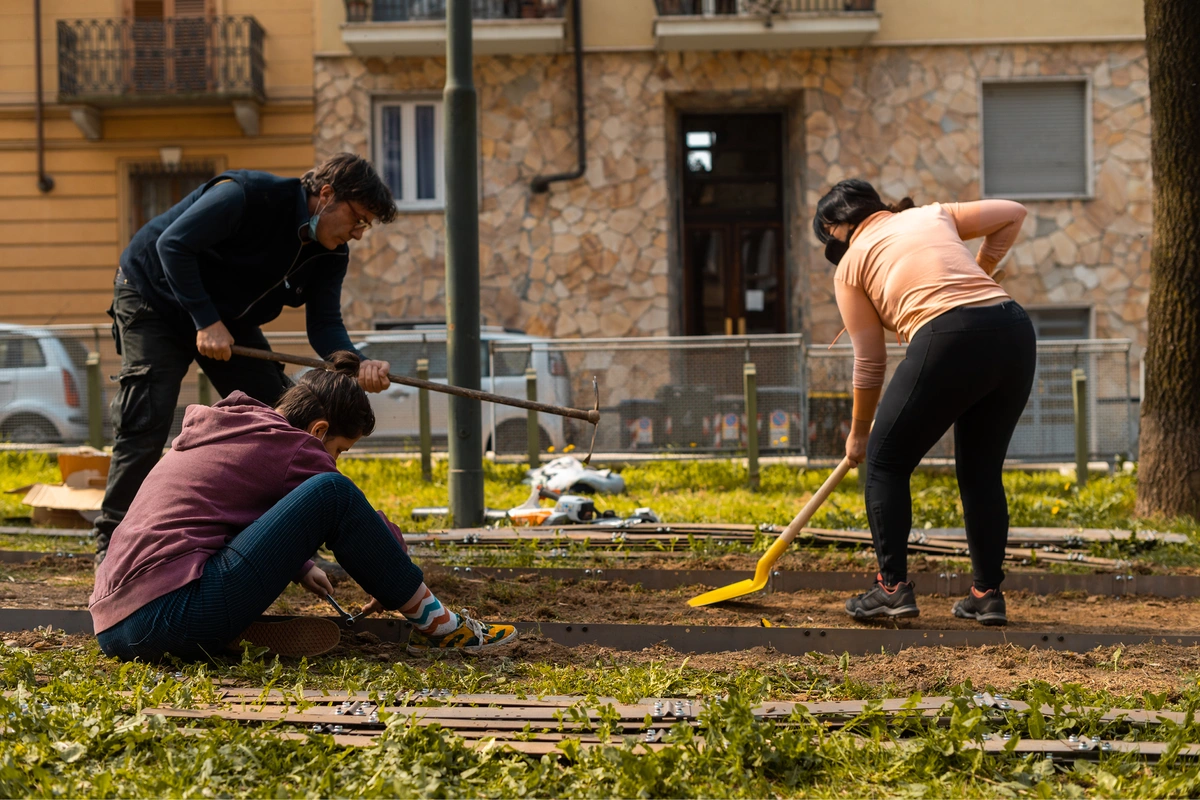
An over 100-member strong volunteer team with an heterogeneous background was established later that year which was key to the many transformations implemented since and still is today, meeting every Saturday morning to upkeep and enhance the project
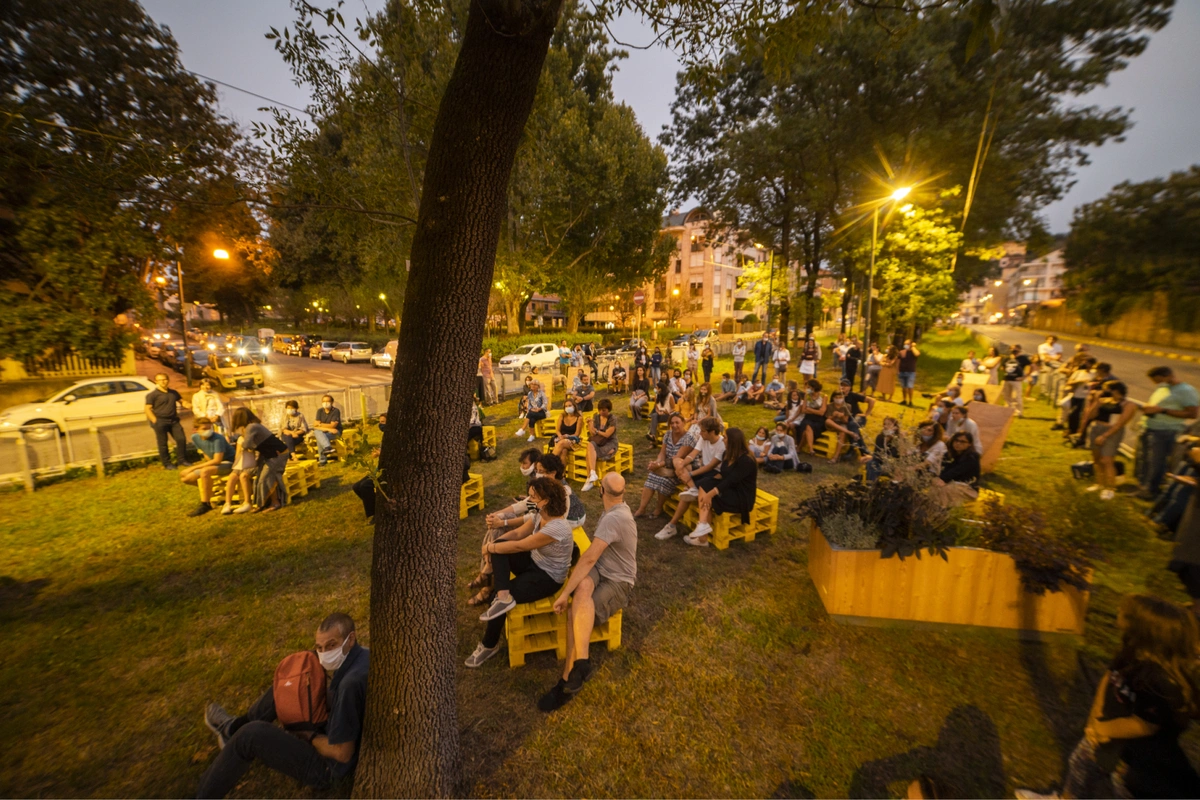
A rich cultural event program, which spans over 2020, 2021 and 2022, gave new life to this urban area contributing to the creation of a new community strongly linked to the space.
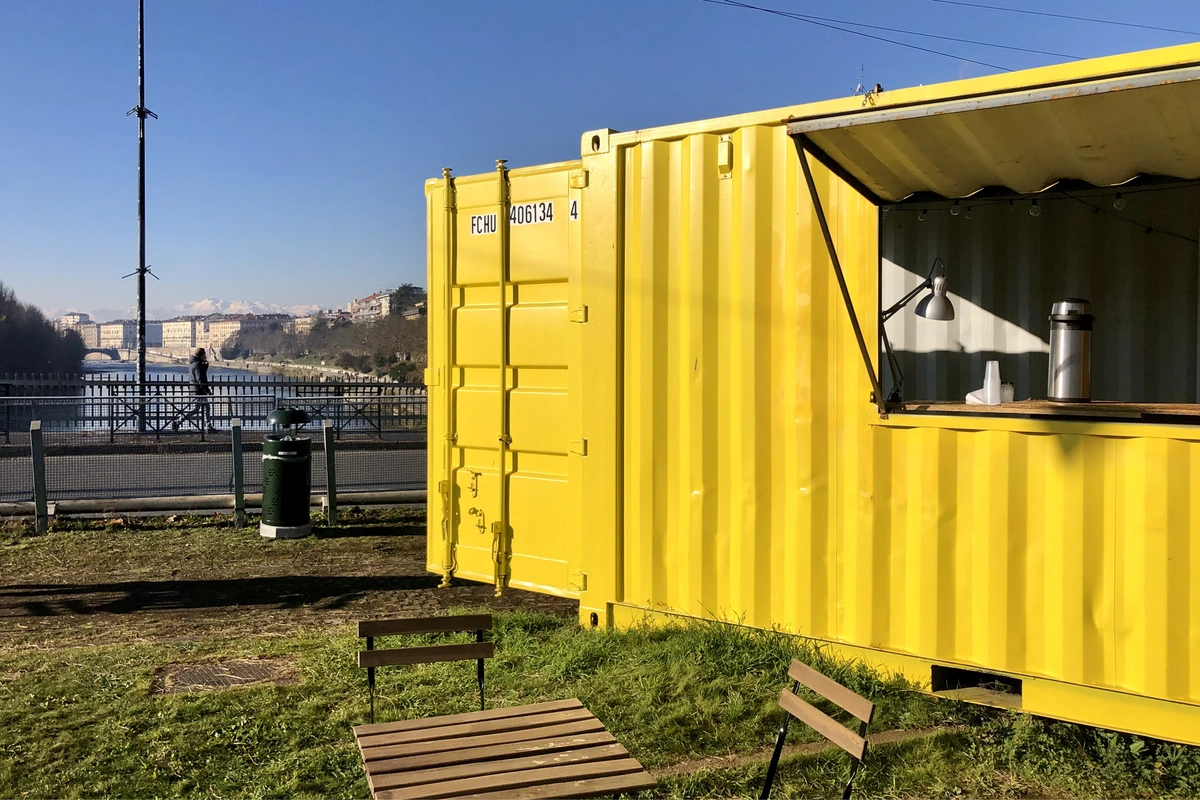
The Park, originally stretching on corso Gabetti, extended on Regina Margherita bridge creating a new landmark area with a great view on the river and the surrounding hills.
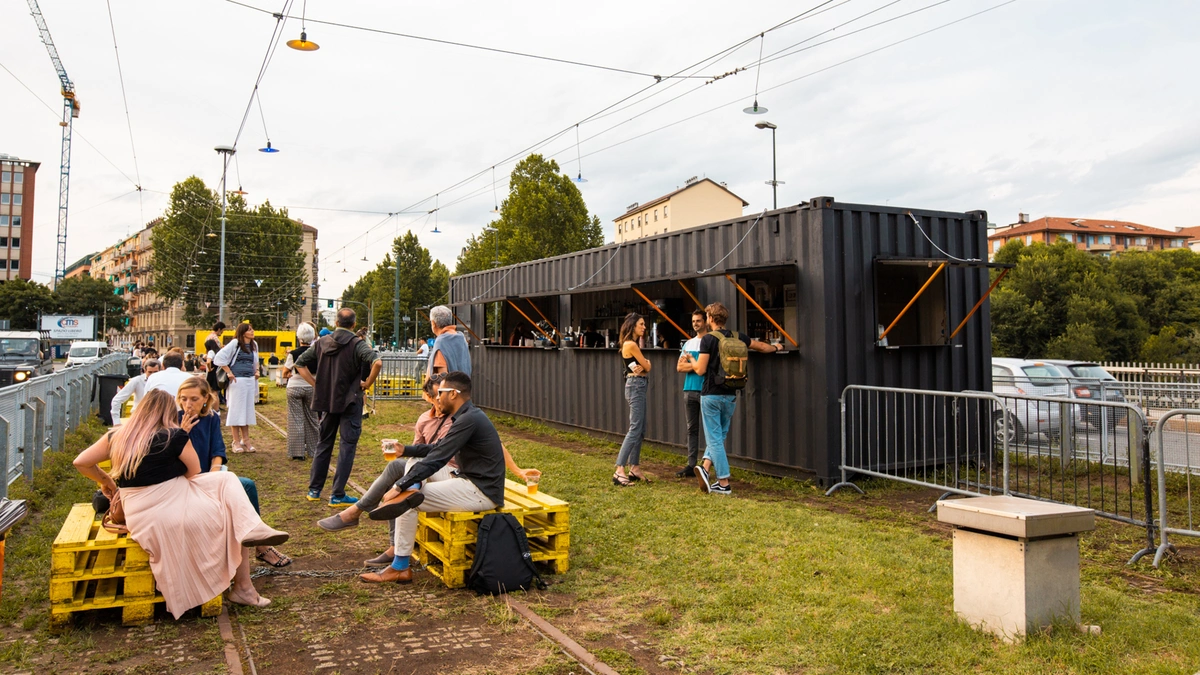
The Park, originally stretching on corso Gabetti, extended on Regina Margherita bridge creating a new landmark area with a great view on the river and the surrounding hills.
Stratosferica is a non-profit cultural organisation based in Turin, Italy. Formerly known as Torino Stratosferica, it was formed in 2014 as a collective "city imaging" project to build a powerful narrative that would enhance the city's potential and international positioning. Stratosferica's work has garnered national and European recognition over the years, while disseminating international urban best practices and cutting-edge ideas on urban issues through its two-year young placemaking initiative, Precollinear Park, and the international festival of cities Utopian Hours.
This project is led by founder and creative director Luca Ballarini and the multidisciplinary team: architects, graphic designers, communication and social media managers, PR, copywriters, press officers as well as urban botanists and other experts. This type of team allows the management of a complex, transdisciplinary project where different disciplines and skills find their synthesis.
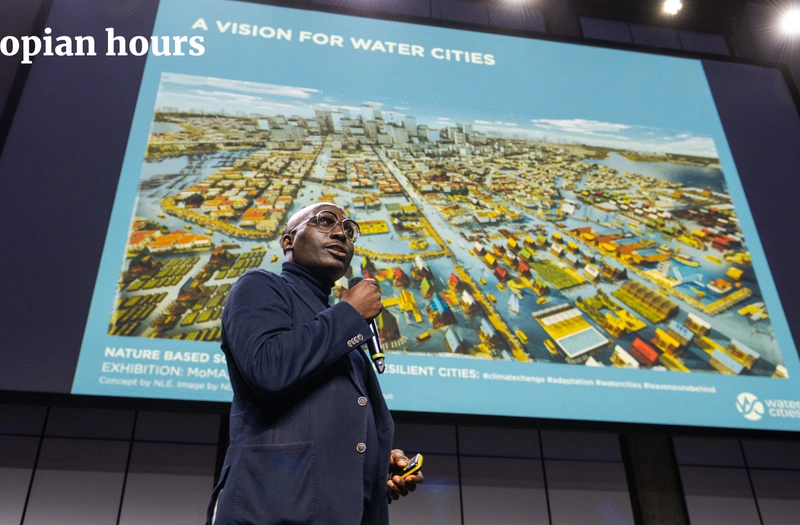
Utopian Hours — international festival of city making
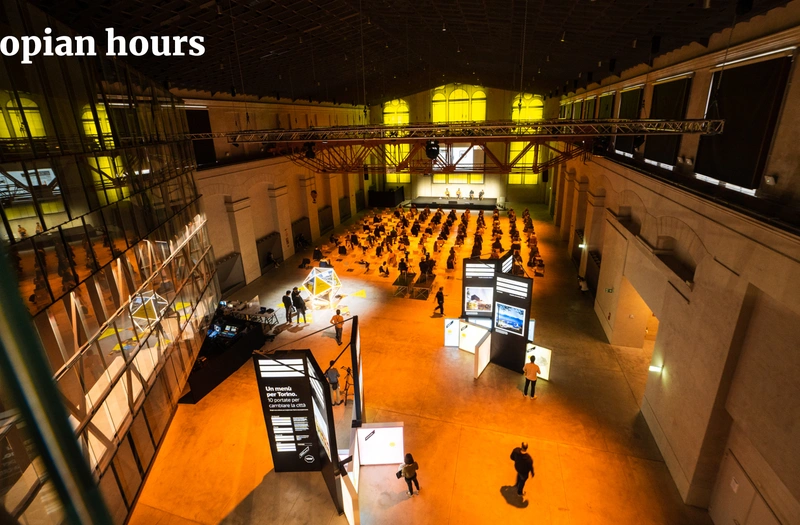
Utopian Hours — international festival of city making. The venue: Centrale Lavazza.
